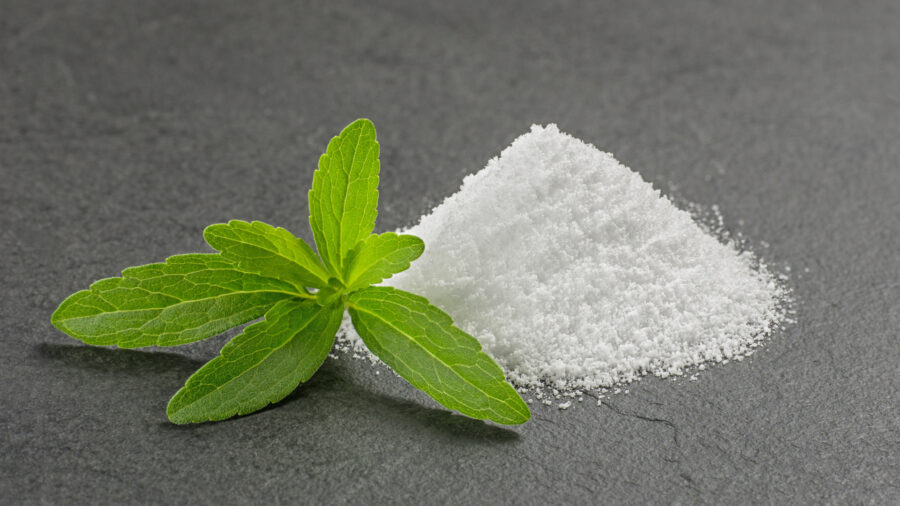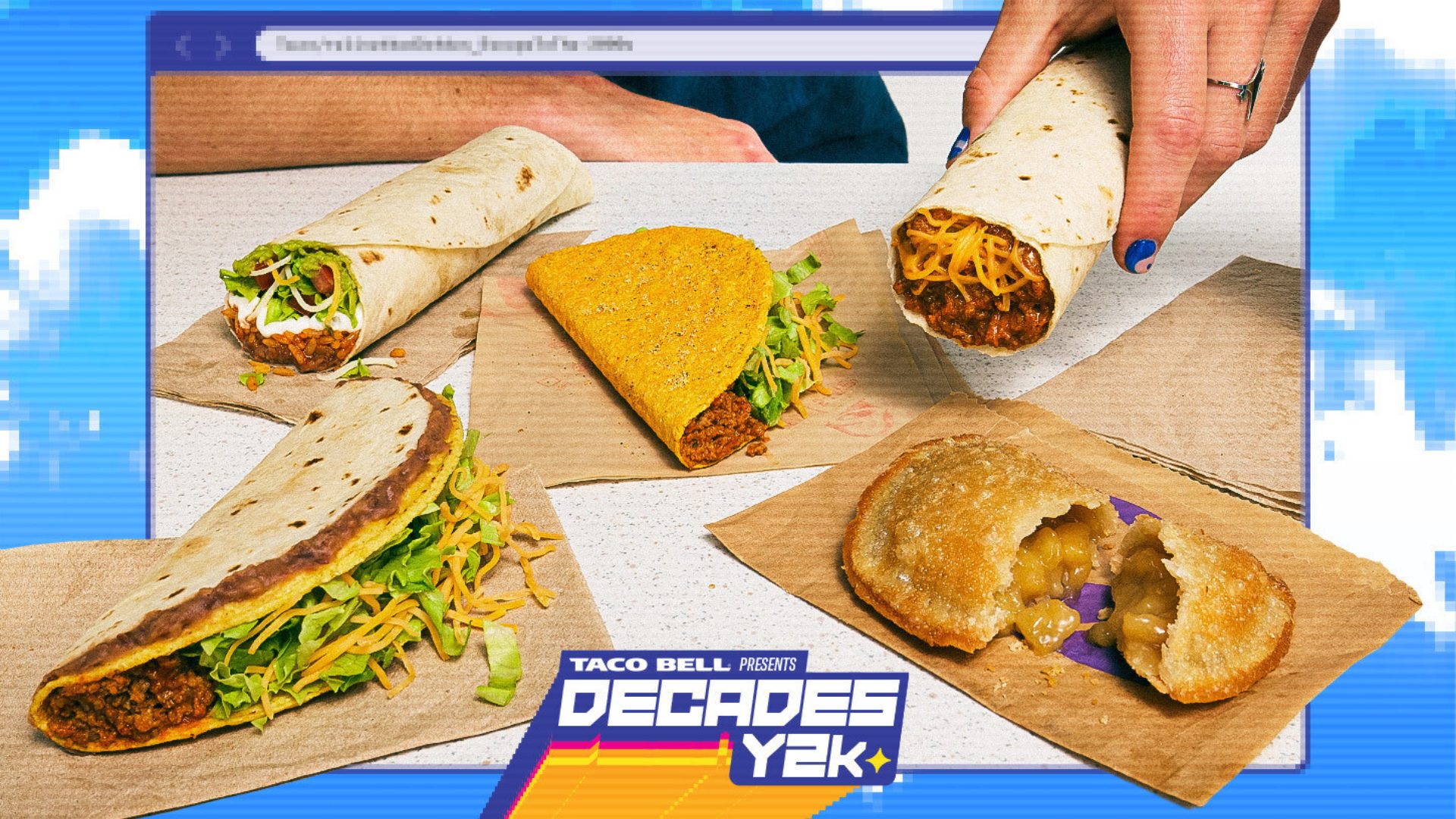Sugar alcohols, found in many processed foods, have long been an enigma for many consumers.
Commonly listed under the “total carbohydrate” header on a nutrition facts label, sugar alcohols are actually neither sugar nor alcohol—despite what the name suggests.
So, what are they?
“Sugar alcohols are sugar substitutes used as sweeteners in a variety of ‘sugar free’ or ‘no sugar added’ products, such as candy and gum,” Natalie Allen, clinical assistant professor of nutrition and dietetics at Missouri State University, told the The Food Institute.
Common examples are sorbitol, xylitol, lactitol, isomalt, mannitol, and maltitol. With somewhat intimidating names like these, it’s no surprise that sugar alcohols are rarely used in home food preparation.
However, naturally occurring sugar alcohol is present in many fruits and vegetables. Pears, apples, and blackberries all contain sorbitol, for example, while asparagus, sweet potatoes, and carrots are natural sources of mannitol. But the sugar alcohols found in packaged goods are synthetically made.
How do sugar alcohols differ from artificial sweeteners?
“Their main difference from artificial sweeteners is that they contain some calories, about 1.5-3 calories per gram,” explained Allen. “The latter has zero calories.”
It is not uncommon for food manufacturers to combine sugar alcohols with artificial sweeteners to make foods taste sweeter while keeping the total calories low. That’s why sugar alcohols are often found in “diet” foods like energy bars, cereals, and sugar-free ice cream.
Still, as consumers get in the habit of reading food labels more closely, many are questioning the healthiness of highly processed foods and artificial ingredients—which begs the question:
How do sugar alcohols affect the body?
According to Allen, the body metabolizes sugar alcohol differently than traditional sugar. “Sugar alcohols are not completely absorbed in your small intestine,” said Allen. “That’s why they provide fewer calories than sugar and may cause bloating, diarrhea, and gas.”
But because most sugar alcohols have a minimal effect on blood sugar levels, they can be a good sugar substitute for those with diabetes. And while traditional sugar can cause tooth decay if consumed in excess, sugar alcohols do not cause cavities. In fact, studies show that xylitol actually has beneficial effects on dental health, making it a popular ingredient in chewing gum, toothpaste, and mouthwash.
So when it comes to whether or not sugar alcohols are healthy for us, like many other things in life, moderation is key. “It’s OK to eat sugar alcohols, but don’t overdo it,” said Allen. “Research suggests that side effects are more likely when you consume higher amounts.”
The Food Institute Podcast
The Latin population in the U.S. is growing, and the influence of Latin cuisine is gaining prominence alongside it. How does this impact the U.S. food and food retail sectors as a whole? Aurora Grocery‘s Omar Jorge and City National Bank‘s Eric Viergutz help break down this dynamic and discuss the different cohorts who are gravitating towards Latin cuisine.










